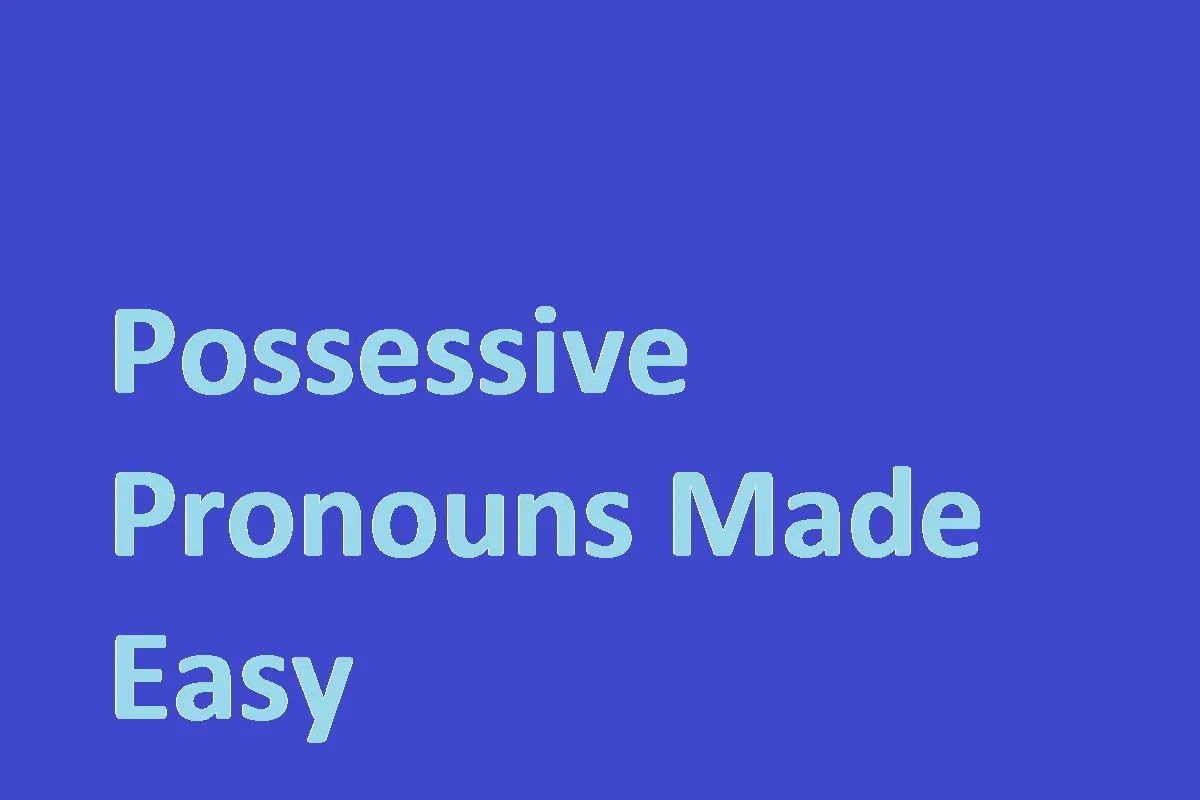
We have all, at some stage, fallen victim to Possessive Pronouns. They are simple little words that fly under the radar, which we unwittingly turn into contractions. The sentence would not make any sense if we separated the contracts.
Example: That rabbit is her’s. (a sentence with a contraction instead of a possessive pronoun)
If we had to separate the contraction “her’s”, the sentence would read: That rabbit is her is. (That does not make sense, right?)
The correct way: The rabbit is hers.
The most important thing to remember is: Don’t use apostrophes in possessive pronouns.
What is a Possessive Pronoun?
Progressive Pronouns are pronouns that indicate possession of a noun. Possessive Pronouns are used by writers to be a bit more concise when explaining things in their writing (especially when something has to be explained over and over again).
For example: My mother’s brother’s neighbour’s cat named Jasper broke his leg yesterday.
Changes to: It broke its leg yesterday.
A simple thing to understand - it’s a lot quicker, and to the point, compared to the first example.
Examples of Possessive Pronouns:
- Mine
- Yours
- Ours
- Theirs
- His
- Hers
- Its
Examples of Possessive Pronouns in sentences:
- Please don’t use that, it is mine.
- Your house is closer than hers.
- The dog stood of its back legs.
- His horse was much faster than theirs.
Till later...
@what-did-she-say

Don't forget:
